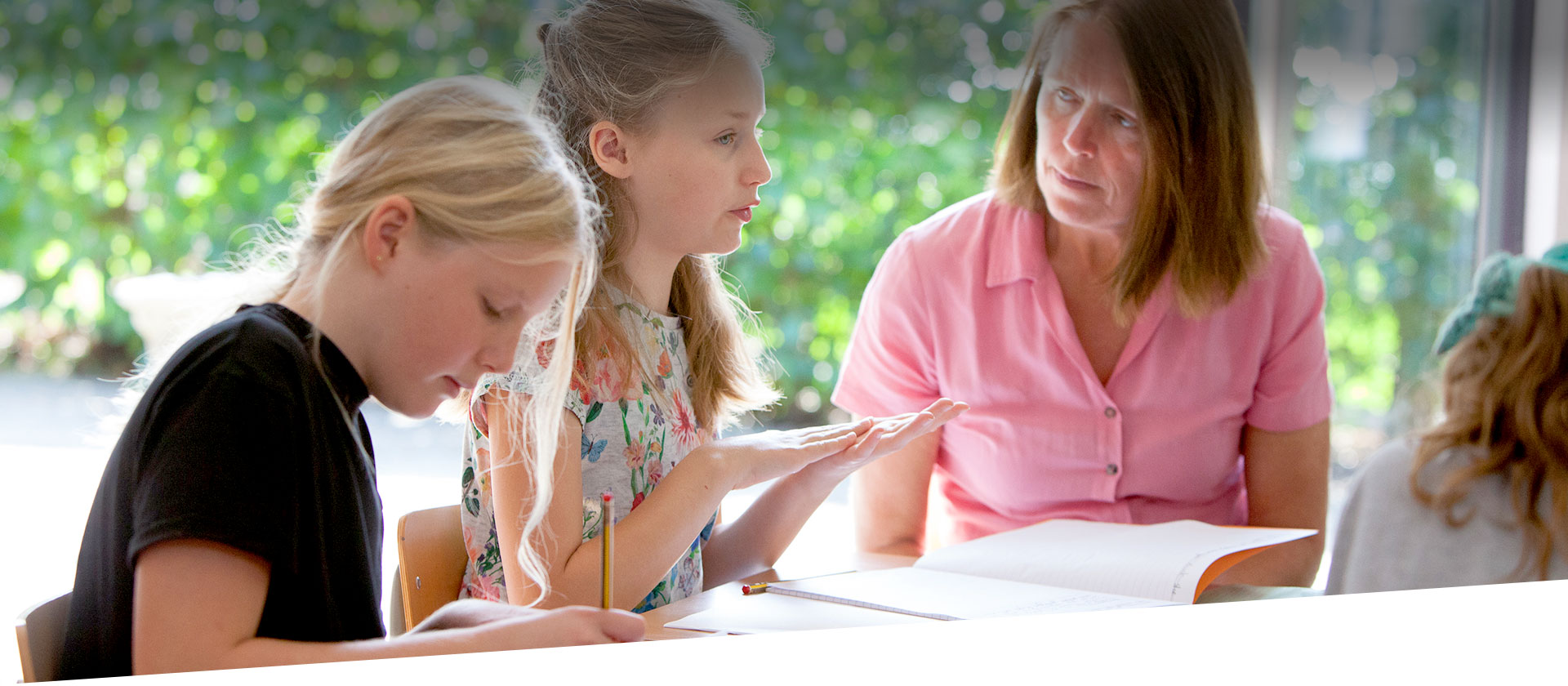
Assessment
We believe that assessment should be based on skilled and informed observation of children and children’s work to support effective development, learning and teaching.
Teachers provide constructive guidance and feedback to help children to identify how to take their next steps. There are regular informal assessments going on in class to help teachers to see what progress children are making.
Children are taught how to make constructive criticism of their own and others work. Peer and self-assessment are used as tools in the assessment process. Teachers work with each individual child to set their targets. Children are aware of the targets they are working on and are supported in this in an age appropriate way. Each child has an individual profile folder which contains a record of their progress in each area of the curriculum. It also contains any information about special needs and additional support needed or gifted and talented enrichment.
Each child has a Learning Journey which is a pictorial and photographic record of children’s progress and attainment in all areas of the curriculum but especially in those areas with less visible workbooks etc. These continue throughout the school and provide children and parents with a beautiful record of achievement to look back over. We do not enter children for external tests such as SATs.
Teachers use in-class tests in Infants and Juniors to check on children’s understanding of key concepts in maths and literacy. A handwriting assessment is given at the beginning and end of each academic year. Children’s reading age level is assessed at the beginning and end of Year 2 and in Year 3 and beyond if considered necessary.

“Pupils have very positive attitudes to learning and are highly motivated and keen to succeed.”
